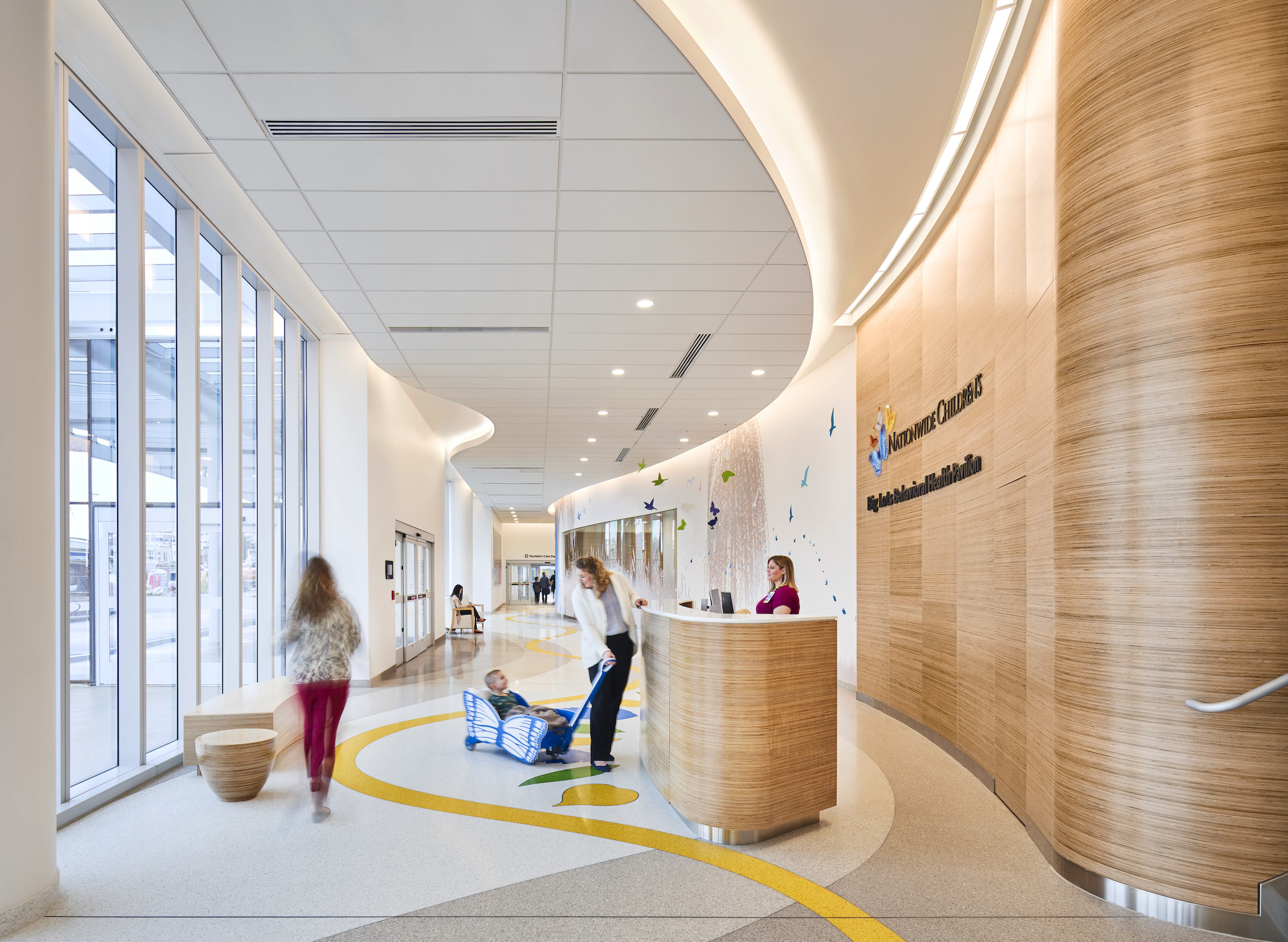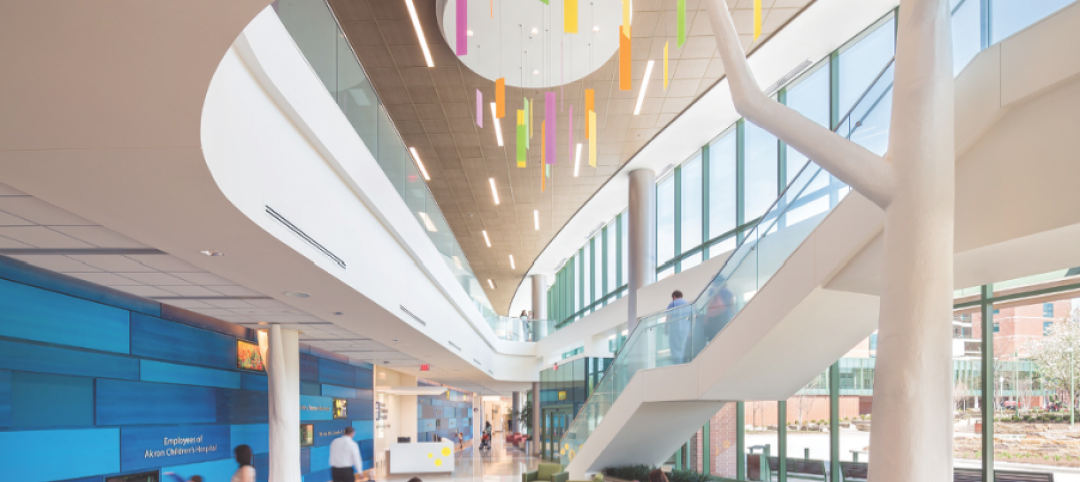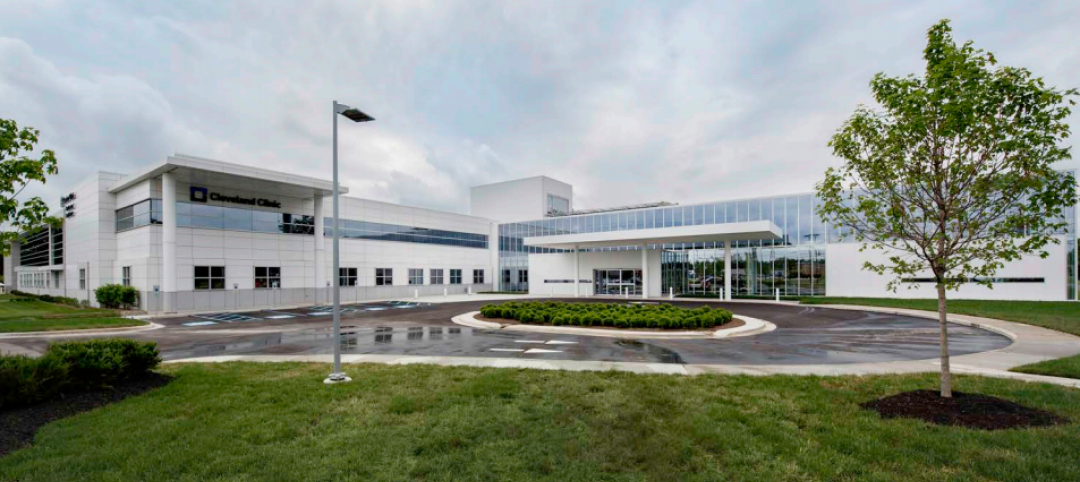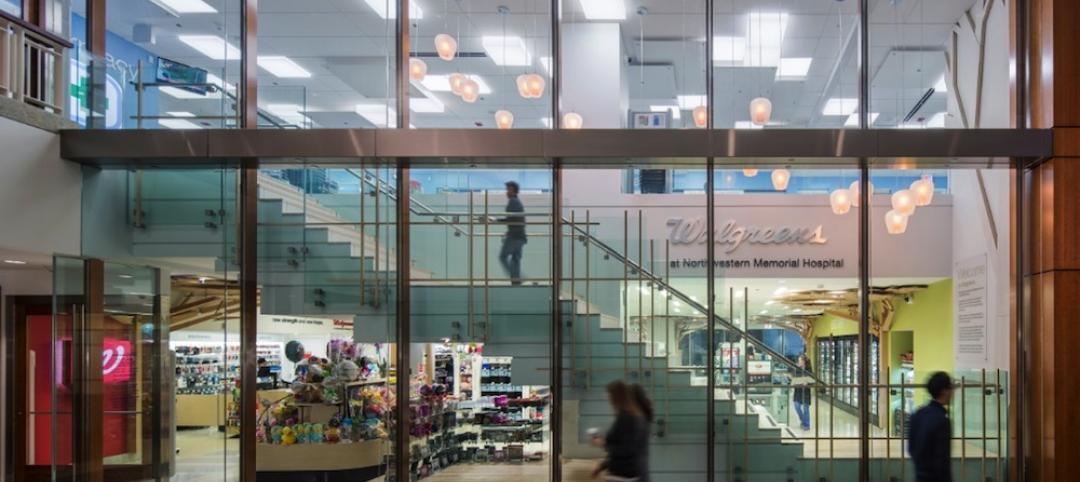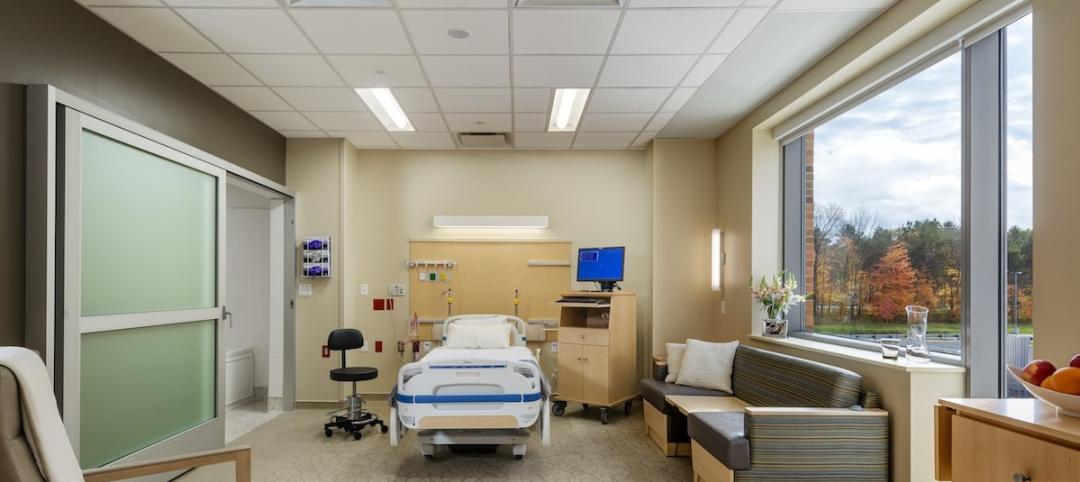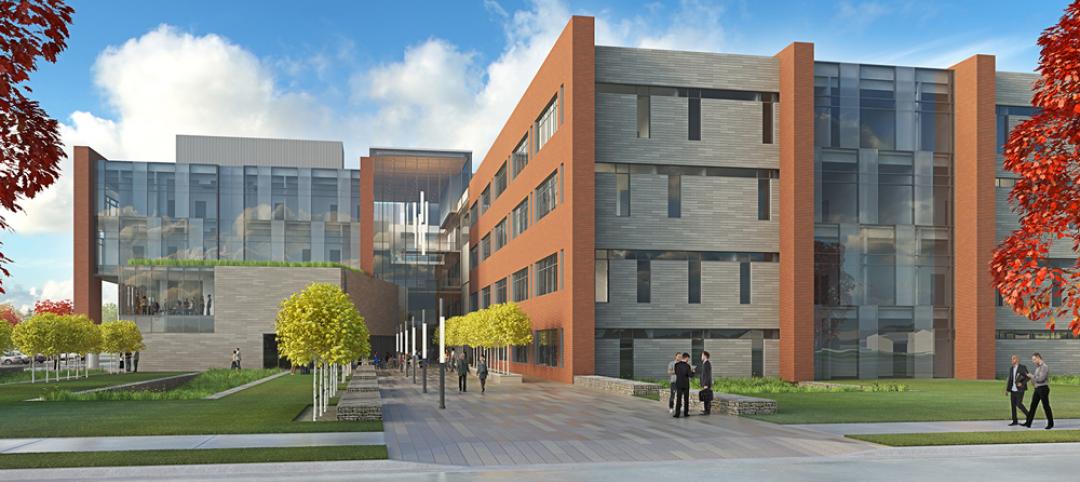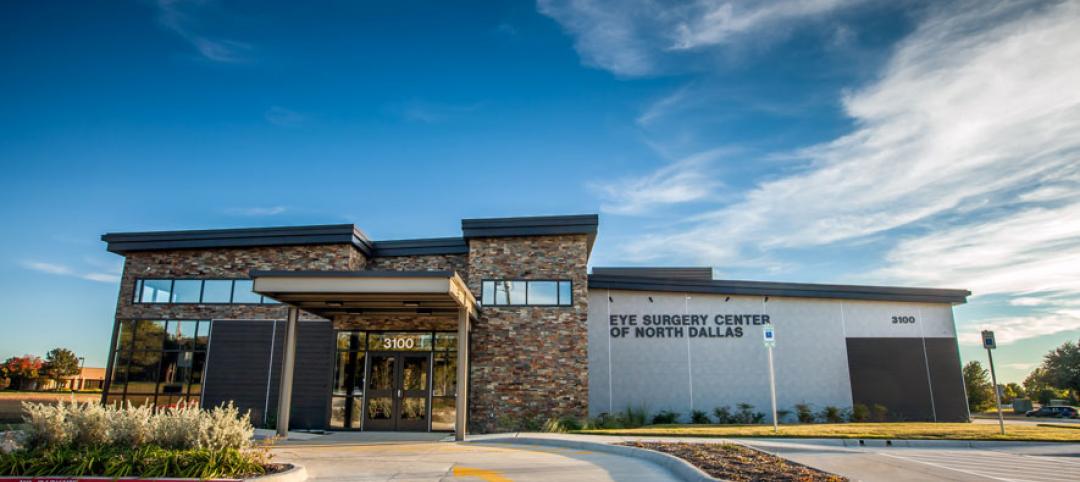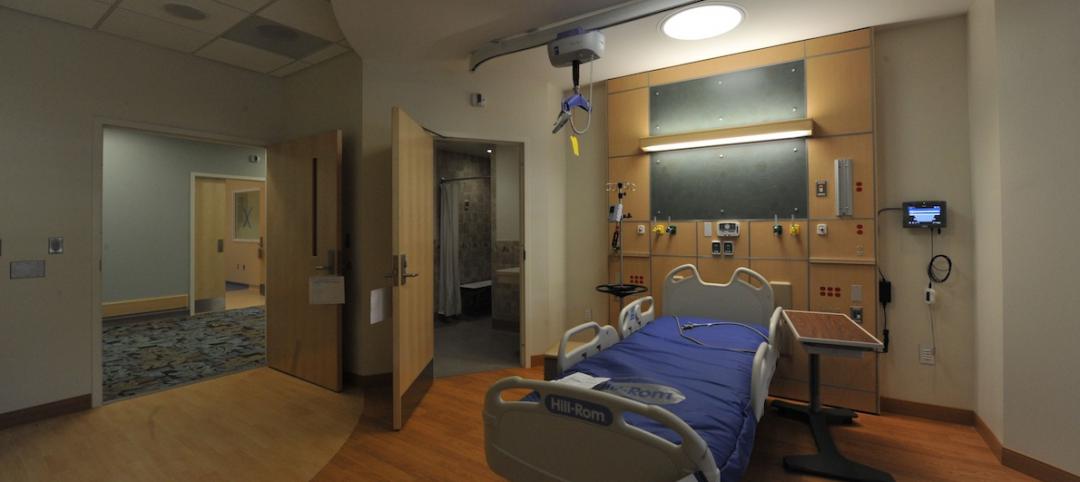During the second week of November, the architecture firm NBBJ launched a podcast series called Uplift, that focuses on the transformative power of design. Its first 30-minute episode homed in on designing for behavioral health facilities, a hot topic given the increasing number of new construction and renovation projects in this subsector.
The podcast featured Dr. Susan Swick, Executive Director of Montage Health’s Ohana Center for Health in Monterey, Calif., which NBBJ designed and is scheduled to open later this year; Ed Cheshire, Architectural Project Manager for Nationwide Children’s Hospital Big Lots Behavioral Health Pavilion in Columbus, Ohio, which opened on March 1, 2020 and was codesigned by NBBJ and Architecture Plus; and Daphne Corona, Project Manager and Senior Associate with NBBJ in Los Angeles. Dr. Heena Sandry, an acute care surgeon who consults with NBBJ’s teams, hosted the panel.
Clients want facility design that destigmatizes mental health treatment, said Corona. “They want inspirational properties that are accessible and nonthreatening. The days of institutional lockdown are past.” Corona added the latest mental health facilities are being designed as “all-in-one” centers that combine acute inpatient and outpatient services, and are available to all populations.
The Ohana and Nationwide projects, though very different, illustrate how facilities design can support treatment. Swick noted that the 55,600-sf Ohana Center’s low-rise buildings form a serpentine shape that curves around a coastal site whose terrain provides a natural barrier for safety and security. Occupants have access to interconnecting courtyards, green spaces, and walking paths.
The center will include an outpatient treatment wing, 16 inpatient beds, rooms for one-on-one and family counseling, indoor and outdoor recreational and quiet spaces, a kitchen and dining area, a family resource center, space for community activities, classrooms for inpatient youth, and space for training and workshops.
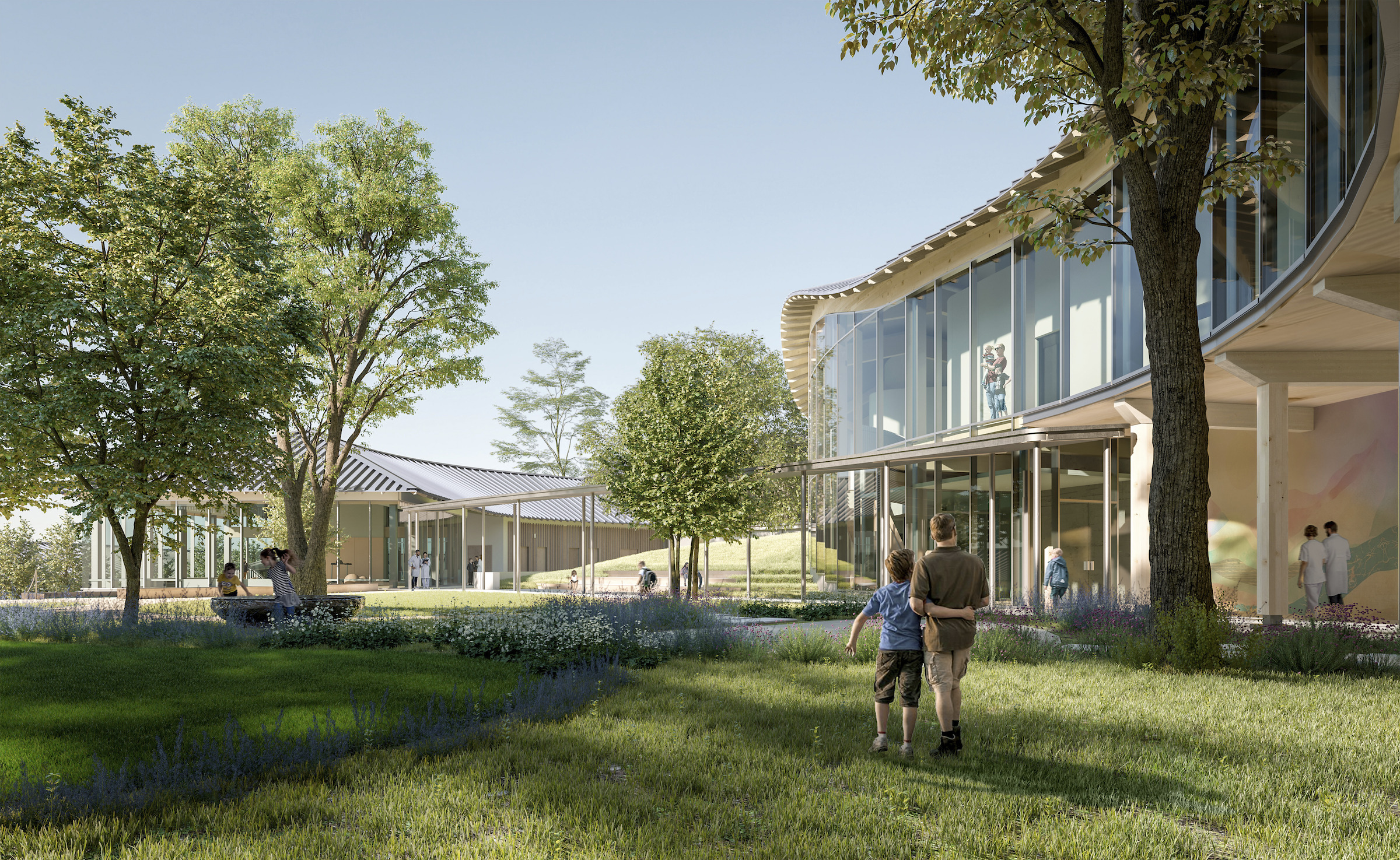
Corona elaborated that Ohana Center’s physical design and landscaping are based on neuroscience principles that boost occupants’ executive function and personal agency, increase immune system health, and combat fatigue among caregivers. It is also one of the largest healthcare buildings to use mass timber, whose modular components contribute to its low-carbon impact.
Cheshire, who has been with Nationwide Children’s Hospital for 16 years, said that the design of the 386,000-sf Behavioral Health Pavilion also used natural wood to convey a “warm and welcoming” space.
This is an urban building, and it was important to design it to allow as much natural light as possible to stream into the inpatient units. The design emphasizes “neighborhoods” within each of the pavilion’s nine floors that encourage occupant and staff interaction. The pavilion also offers education and instruction about nutrition and physical activities.
Swick and Cheshire agreed that health systems don’t make money from behavioral healthcare, and that insurance reimbursement for services rendered can be like pulling teeth. The good news is that each of these projects is an example of philanthropic largesse: The Ohana Center is the beneficiary of a $106 million gift from Roberta Bialek Elliott, a longtime local resident who happens to be the sister of billionaire investor Warren Buffett; and the $159 million Nationwide Pavilion defrayed its cost with a $50 million pledge from Columbus-based retailer Big Lots Stores, which in turn brought in other donors.
Chesmire said he has been buoyed by the “community conversation” about Columbus’ mental health crisis, in search for solutions. He singled out “frontline pediatricians” who are active in prevention. Swick said she’s convinced that the number of young Americans struggling with mental health disorders can be reduced substantially through human investment and care. “I think about hope all the time, and hope is deep and real.”
Listen to NBBJ's podcast episode, "How to Design Now for the Behavioral Health Crisis."
Related Stories
Giants 400 | Aug 6, 2015
HEALTHCARE AEC GIANTS: Hospital and medical office construction facing a slow but steady recovery
Construction of hospitals and medical offices is expected to shake off its lethargy in 2015 and recover modestly over the next several years, according to BD+C's 2015 Giants 300 report.
Contractors | Jul 29, 2015
Consensus Construction Forecast: Double-digit growth expected for commercial sector in 2015, 2016
Despite the adverse weather conditions that curtailed design and construction activity in the first quarter of the year, the overall construction market has performed extremely well to date, according to AIA's latest Consensus Construction Forecast.
Healthcare Facilities | Jul 23, 2015
David Adjaye unveils design for pediatric cancer treatment center in Rwanda
The metallic, geometric façade is based on the region’s traditional Imigongo art.
Healthcare Facilities | Jul 22, 2015
Best of healthcare design: 8 projects win AIA National Healthcare Design Awards
Montalba Architects' prototype mobile dental unit and Westlake Reed Leskosky's modern addition to the Cleveland Clinic Brunswick Family Health Center highlight the winning projects.
Healthcare Facilities | Jul 8, 2015
From Subway to Walgreens, healthcare campuses embrace retail chains in the name of patient convenience
Most retail in healthcare discussions today are focused on integrating ambulatory care into traditional retail settings. Another trend that is not as well noted is the migration of retailers onto acute care campuses, writes CBRE Healthcare's Craig Beam.
Healthcare Facilities | Jul 6, 2015
The main noisemakers in healthcare facilities: behavior and technology
Over the past few decades, numerous research studies have concluded that noise in hospitals can have a deleterious effect on patient care and recovery.
University Buildings | Jun 29, 2015
Ensuring today’s medical education facilities fit tomorrow’s healthcare
Through thought-leading design, medical schools have the unique opportunity to meet the needs of today’s medical students and more fully prepare them for their future healthcare careers. Perkins+Will’s Heidi Costello offers five key design factors to improve and influence medical education.
Sponsored | Healthcare Facilities | Jun 23, 2015
Texas eye surgery center captures attention in commercial neighborhood
The team wanted to build an eye surgery center in an already established area but provide something clean and fresh compared to neighboring buildings.
Healthcare Facilities | Jun 16, 2015
Heatherwick’s design for cancer center branch has ‘healing power’
The architect describes it as “a collection of stepped planter elements”
Healthcare Facilities | May 27, 2015
Roadmap for creating an effective sustainability program in healthcare environments
With a constant drive for operational efficiencies and reduction of costs under an outcome-based healthcare environment, there are increasing pressures to ensure that sustainability initiatives are not only cost effective, but socially and environmentally responsible. CBRE's Dyann Hamilton offers tips on establishing a strong program.


